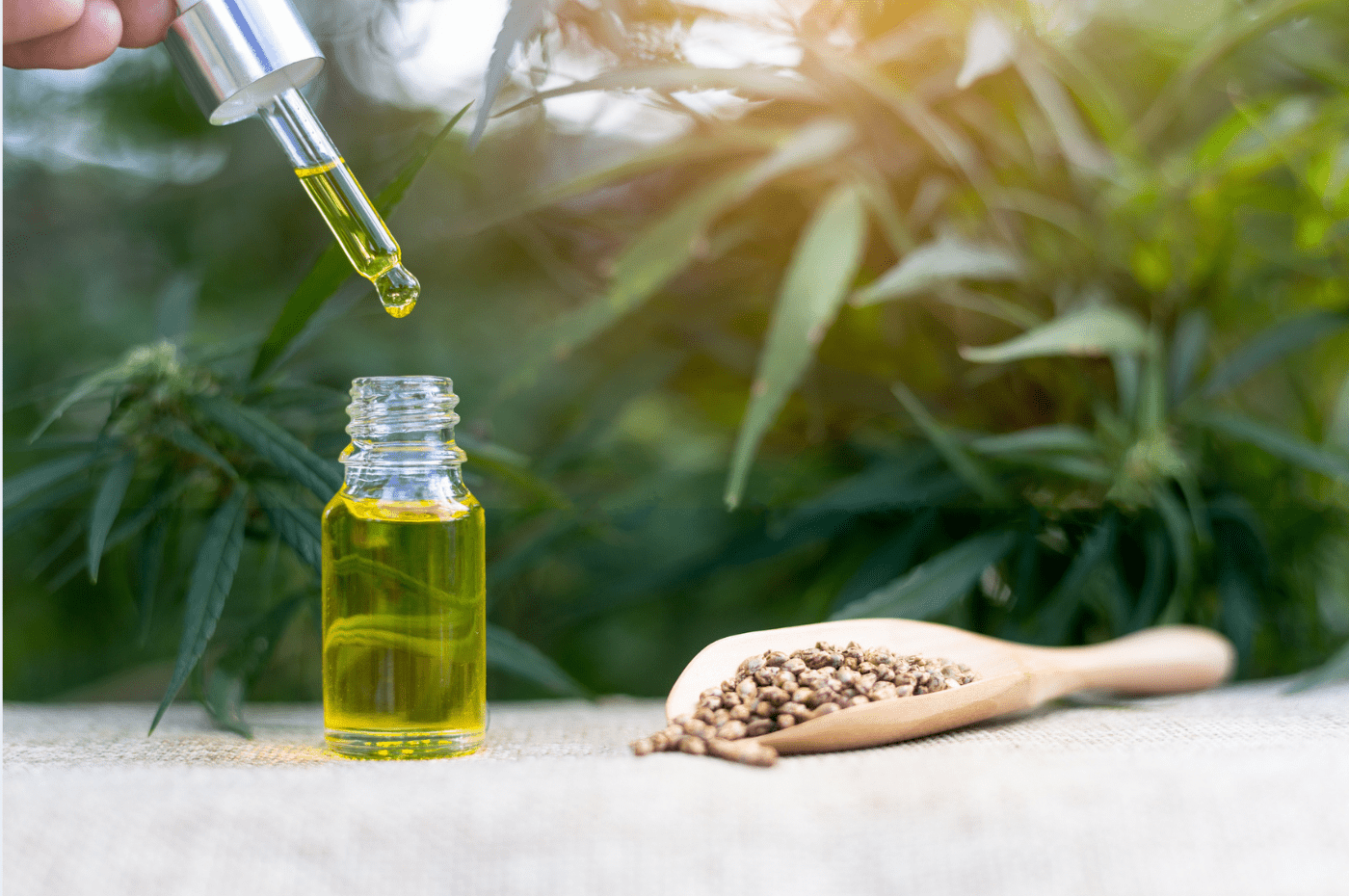Hemp oil can be derived from two sources: a full-spectrum extract from the Cannabis sativa plant or specifically from hemp seeds, known as hemp seed oil.
What is Hemp Oil?
Hemp seed oil, often simply called "hemp oil," is extracted by cold-pressing hemp seeds. It's typically unrefined, appearing as a clear green oil with a subtle nutty flavor.
This oil differs from CBD oil, which is extracted from hemp flowers and leaves. While hemp seed oil generally doesn't contain THC (tetrahydrocannabinol), the psychoactive component, this point is subject to debate. Research from 2017 suggests that CBD oil may contain minimal, insignificant levels of THC.
Hemp Nutritional Profile
A single tablespoon of hemp oil provides approximately 125 calories and 14 grams of fat (18% DV). Hemp seeds are also rich in other nutrients, including:
- Polyunsaturated fats, particularly omega-3 and omega-6 fatty acids. Hemp oil is notable for its alpha-linolenic and gamma-linolenic acids, which have anti-inflammatory properties. This is crucial as chronic inflammation can lead to various health issues like arthritis, heart disease, diabetes, and cancer.
- Protein: Hemp seeds offer a complete protein profile, containing all essential amino acids that the body can't produce independently.
- Minerals such as calcium, potassium, magnesium, zinc, iron, and phosphorus, are vital for heart, brain, and muscle functions.
- Vitamins A, C, E, and B complex, essential for immune function and disease prevention.
- Dietary fibre, aids in maintaining a healthy digestive system.
Benefits of Hemp Oil
Hemp oil offers numerous health advantages, particularly for skin health, due to its nourishing vitamins and moisturizing properties.
Improved Skin Health
Dermatological research indicates that consuming hemp seed oil orally can alleviate symptoms of atopic dermatitis (eczema), attributed to its fatty acid content. It's also beneficial for other skin conditions like cradle cap, psoriasis, and acne. Moreover, hemp seed oil strengthens the skin's resistance to infections.
Blood Pressure Reduction
The omega-3 fatty acids in hemp seed oil may help lower blood pressure in hypertensive individuals. Studies suggest combining omega-3 supplements with blood pressure medication for optimal results.
Heart Health Promotion
Hemp seed oil is rich in linoleic acid. Diets high in linoleic acid have been shown to significantly reduce total cholesterol and low-density lipoprotein (LDL) or "bad" cholesterol, thereby lowering the risk of hypertension, stroke, and heart disease.
Pain Alleviation
The anti-inflammatory properties of hemp seed oil contribute to pain reduction. It can be applied directly to affected areas for natural pain relief.
Inflammation Reduction
Gamma-linoleic acid (GLA) in hemp seed oil has demonstrated anti-inflammatory effects. Studies suggest that GLA-rich herbs effectively relieve symptoms of inflammatory conditions like irritable bowel syndrome (IBS), rheumatoid arthritis (RA), and multiple sclerosis (MS).
Pregnancy Support
The high omega-3 fatty acid content in hemp seed oil makes it a valuable supplement for pregnant women. Research indicates that omega-3 fatty acids are crucial during pregnancy, supporting fetal brain and eye development, and potentially preventing maternal depression.





Leave a comment
This site is protected by hCaptcha and the hCaptcha Privacy Policy and Terms of Service apply.